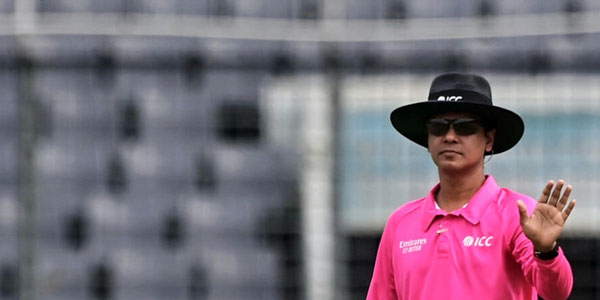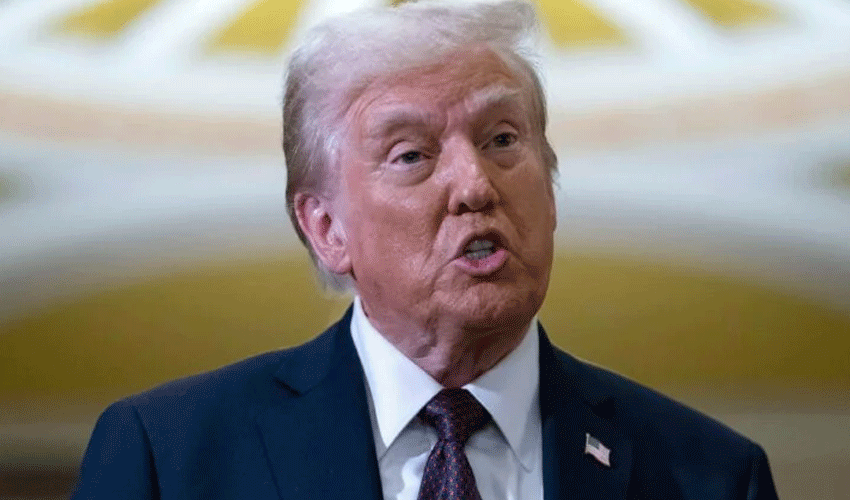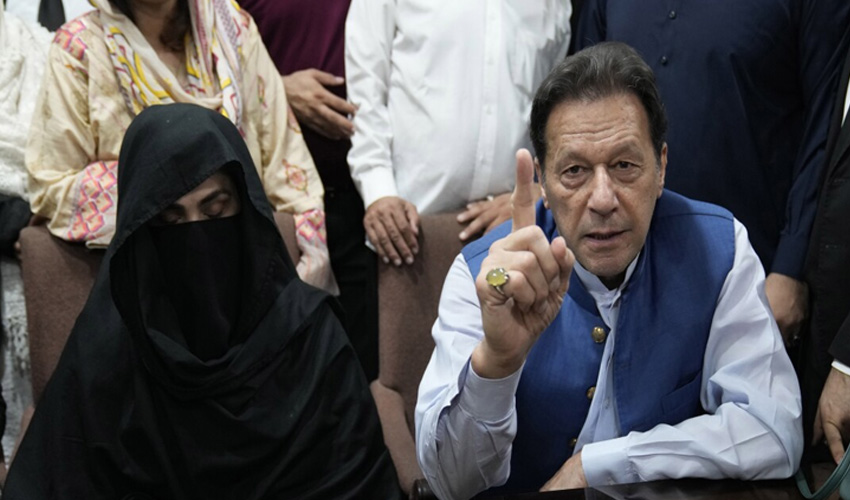To officiate in the World Cup as Bangladesh's first-ever umpire, Sharfuddoula Ibne Shahid, a former top-class cricketer, reveals that it's "thick skin" that's required for this new role.
His remarkable achievement is a testament to his unwavering determination to overcome years of enduring, unwarranted criticism.
Sharfuddoula, a 46-year-old set to make history in the World Cup, attributed his breakthrough appointment to his ability to weather negative comments. "Most of the time, we face undue criticism. Developing a thick skin is essential," he sai he prepared to head to India for the World Cup opening on October 5.
He added, "I've always kept a low profile and knew that my opportunity would eventually come."
Umpiring in Bangladesh has traditionally been a highly contentious aspect of cricket. Sharfuddoula acknowledges that officiating a home game can be challenging in a nation where emotions often overshadow facts.
He remarked, "There's immense pressure, as everyone is obsessed with our cricketers. Umpires are often overlooked, which presents the greatest challenge."
The fervent cricket fans in Bangladesh are far from forgiving when he makes decisions against their beloved players. "We often face undue criticism," he lamented, highlighting the need for a shift in the way umpires are treated in Bangladesh cricket.
Sharfuddoula believes that if umpires receive fair recognition and rewards when deserved, it could transform Bangladesh cricket and its cricketers.
Bangladesh umpires have previously made headlines for the wrong reasons, such as the infamous case in 2017 when bowler Sujon Mahmud was banned for 10 years for deliberately conceding runs due to what was perceived as biassed umpiring.
Recently, India's women's cricket captain, Harmanpreet Kaur, faced a ban for her confrontational behaviour with umpires during a match against Bangladesh.
Sharfuddoula's journey to the World Cup began when he had to end his first-class career after just one season in 2001 due to a back injury. He subsequently joined the Bangladesh Cricket Board (BCB) as its cricket operations manager.
However, in 2007, he left his BCB position to pursue a career as an umpire. Since then, he has officiated in nine Tests, 54 one-day internationals, and 43 Twenty20 internationals.
Sharfuddoula is poised to serve as the fourth umpire for the World Cup's opening match between England and New Zealand in the massive Ahmedabad stadium, which has a capacity of over 130,000 spectators.
He will also be the on-field umpire for five matches, including the encounter between Australia and New Zealand on October 28 in Dharamsala.
Reflecting on his historic appointment, he expressed his sense of honour, stating, "Whenever you represent your country, it's a source of pride. Being the first Bangladeshi to officiate in the World Cup, I have the same feeling. I hope it won't be the last, but the first of many."
Sharfuddoula believes that his appointment will shed light on other umpires from Bangladesh who deserve recognition. Despite gaining Test status in 2000, Bangladesh has yet to see any of its umpires on the International Cricket Council's elite panel.
He emphasised, "When we started playing Test cricket, there was a perception that overseas umpires would take the lead, and we would play supporting roles. But that has changed. We now have a talented group of international umpires. I hope more umpires will emerge and officiate not only in the World Cup but also in many other tournaments."
He concluded, "I feel privileged and honoured to be part of the elite umpires and match umpires group in this flagship tournament."



























